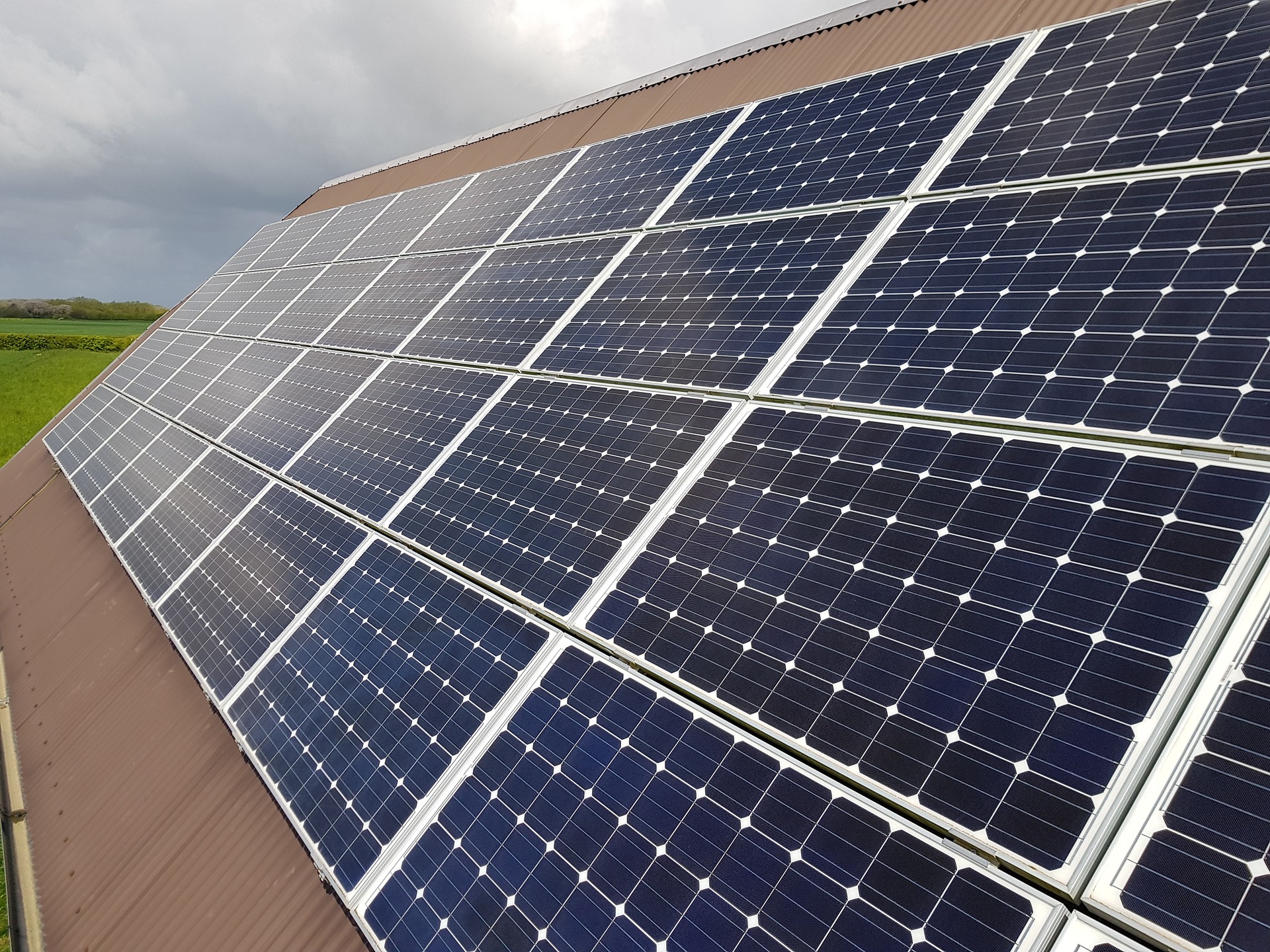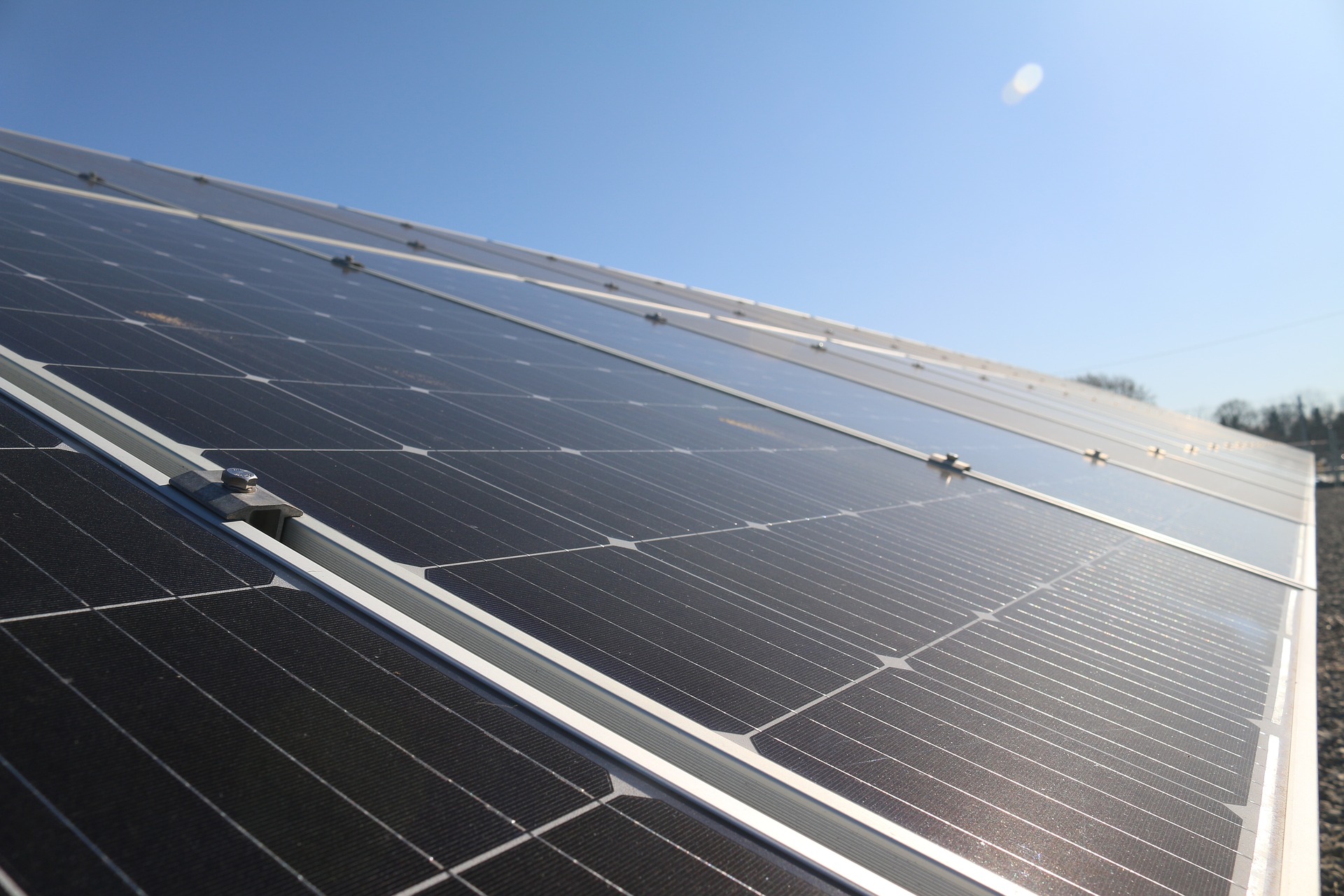5kW Solar Panels: How to Maximise Your Government Grant in 2025
Installing a 5kW solar panel system has become an increasingly viable option for UK homeowners looking to reduce energy bills and embrace renewable energy. With government incentives and grants available in 2025, understanding how to navigate the application process and maximise financial support can significantly reduce upfront costs. This guide explores pricing structures, energy savings potential, purchasing options, and installation considerations to help you make informed decisions about your solar investment.

The transition to renewable energy continues to gain momentum across the United Kingdom, with 5kW solar panel systems representing a practical solution for average-sized homes. As energy costs remain a concern for many households, government support schemes in 2025 offer valuable financial assistance to those investing in solar technology. Understanding the full scope of available grants, pricing factors, and system options enables homeowners to optimise their investment while contributing to national sustainability goals.
Understanding 5kW Solar Panel Pricing and Factors That Influence Final Costs
The cost of a 5kW solar panel system in the UK typically ranges from £5,000 to £8,000, depending on various factors including panel quality, inverter type, and installation complexity. Premium monocrystalline panels generally cost more than polycrystalline alternatives but offer higher efficiency rates, particularly beneficial for properties with limited roof space. The inverter choice between string inverters and microinverters can add £500 to £1,500 to overall costs, with microinverters providing better performance monitoring and shade tolerance.
Roof characteristics significantly impact installation expenses. Properties requiring scaffolding, structural reinforcement, or complex electrical work will incur additional labour charges ranging from £800 to £2,000. Geographic location also plays a role, with installation costs in London and the South East typically 10-15% higher than in other UK regions. Battery storage integration, while optional, adds £3,000 to £6,000 but maximises self-consumption and energy independence.
Government grants and schemes can substantially reduce net costs. The ECO4 scheme provides support for eligible low-income households, while local authority grants vary by region. The Smart Export Guarantee (SEG) ensures homeowners receive payment for surplus energy exported to the grid, with rates ranging from 4p to 15p per kWh depending on the provider.
| System Component | Provider/Type | Cost Estimation |
|---|---|---|
| Standard 5kW Panel System | Various Installers | £5,000 - £8,000 |
| Monocrystalline Panels | Premium Manufacturers | £6,500 - £8,000 |
| String Inverter System | Standard Installation | £5,000 - £6,500 |
| Microinverter System | Advanced Installation | £6,500 - £8,500 |
| Battery Storage Addition | Various Providers | £3,000 - £6,000 |
Prices, rates, or cost estimates mentioned in this article are based on the latest available information but may change over time. Independent research is advised before making financial decisions.
Portable 5kW Solar Systems and Calculating Potential Energy Savings
While traditional rooftop installations dominate the residential solar market, portable and ground-mounted 5kW systems offer flexibility for properties unsuitable for roof installations. These systems typically cost 15-20% more due to additional mounting structures and cabling requirements. However, they provide advantages including optimal panel orientation, easier maintenance access, and relocation capability.
A properly installed 5kW system in the UK generates approximately 4,000 to 4,500 kWh annually, depending on location and shading factors. Southern regions typically achieve higher yields than northern areas due to increased solar irradiance. For an average UK household consuming 3,500 kWh yearly, a 5kW system can meet 100-130% of energy needs, with surplus exported via the SEG.
Energy savings calculations depend on current electricity rates, which averaged 27p per kWh in early 2025. A system generating 4,250 kWh annually and offsetting 70% of household consumption (2,975 kWh) saves approximately £803 per year. Additional SEG payments for exported energy (1,275 kWh at an average 8p per kWh) contribute £102 annually, totaling £905 in annual benefits. Based on a £6,500 system cost after grants, payback periods typically range from 7 to 9 years.
5kW Garden Solar Panels and Navigating Online Purchase Benefits
Garden-mounted solar installations provide an alternative for properties with unsuitable roofs or those seeking aesthetic flexibility. These systems require adequate garden space with southern orientation and minimal shading from trees or structures. Planning permission is generally not required for ground-mounted systems under 4 metres in height, though conservation areas may have additional restrictions.
Online purchasing platforms have expanded significantly, offering competitive pricing and transparent comparisons. Reputable online suppliers provide detailed system specifications, customer reviews, and installation options. Purchasing complete kits online can reduce costs by 10-20% compared to traditional installers, though buyers must ensure compatibility and quality certifications including MCS (Microgeneration Certification Scheme) approval, which is mandatory for accessing government incentives.
Key considerations when purchasing online include warranty coverage, typically 25 years for panels and 10-15 years for inverters, and post-installation support. Some online platforms offer virtual consultations and site assessments using satellite imagery, though professional on-site evaluations remain advisable for complex installations.
5kW Solar Complete Kits and Maximizing Value for Home Energy Needs
Complete solar kits bundle panels, inverters, mounting systems, and cabling into single packages, simplifying the purchasing process and often reducing overall costs. These kits range from £4,000 to £7,000 depending on component quality and included features. Premium kits incorporate monitoring systems enabling real-time performance tracking via smartphone applications.
When evaluating complete kits, efficiency ratings prove crucial. Modern panels offer efficiency rates between 18% and 22%, with higher ratings generating more power per square metre. Inverter efficiency, typically 95-98%, affects how much DC power converts to usable AC electricity. Warranties and certifications including IEC standards and MCS approval ensure quality and eligibility for government schemes.
Maximising value involves matching system capacity to household consumption patterns. Oversized systems generate excess energy with limited financial benefit unless battery storage is incorporated, while undersized systems fail to maximise potential savings. Energy audits help determine optimal system sizing based on historical consumption data and future needs.
5kW Garden Solar Systems and The Role of Professional Installation
While DIY installation may seem cost-effective, professional installation ensures safety, optimal performance, and compliance with building regulations. MCS-certified installers are required for accessing government grants and SEG payments, making professional installation essential for maximising financial benefits. Installation typically takes 1-2 days for straightforward projects, with costs ranging from £800 to £1,500 included in quoted system prices.
Professional installers conduct structural assessments, ensuring roofs or ground mounts can support panel weight and wind loads. Electrical work must comply with BS 7671 wiring regulations, with installations requiring certification by qualified electricians. Proper installation optimises panel orientation and tilt angles, maximising energy generation throughout the year.
Post-installation services including maintenance, monitoring, and performance guarantees provide long-term value. Annual maintenance checks, costing £100 to £150, ensure systems operate at peak efficiency. Many installers offer performance guarantees ensuring minimum energy generation levels, with remedial work provided if targets are not met.
Navigating Government Grants and Maximising Support in 2025
Maximising government grant support requires understanding available schemes and eligibility criteria. The ECO4 scheme targets low-income households and those receiving certain benefits, potentially covering significant installation costs. Local authority grants vary considerably, with some councils offering £500 to £2,000 towards solar installations. Researching regional programmes through council websites or energy advice services identifies available support.
The application process typically requires quotes from MCS-certified installers, proof of property ownership, and income verification for means-tested schemes. Processing times vary from 4 to 12 weeks, requiring advance planning. Combining multiple schemes where eligible can substantially reduce net costs, though some programmes prohibit simultaneous applications.
The Smart Export Guarantee provides ongoing income for surplus energy, with rates varying between suppliers. Comparing SEG tariffs and switching to providers offering higher rates maximises long-term returns. Some suppliers offer fixed-rate contracts providing payment certainty, while others adjust rates based on wholesale energy prices.
Investing in a 5kW solar panel system represents a significant but increasingly accessible commitment to renewable energy and household savings. By understanding pricing factors, calculating realistic savings, exploring purchasing options, and maximising government support, UK homeowners can make informed decisions that deliver environmental and financial benefits. Professional installation and ongoing system monitoring ensure optimal performance throughout the 25-year lifespan typical of modern solar panels, providing decades of clean energy generation and reduced electricity bills.




